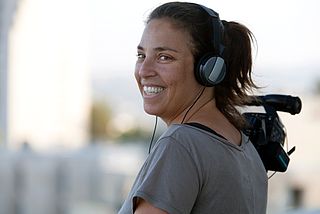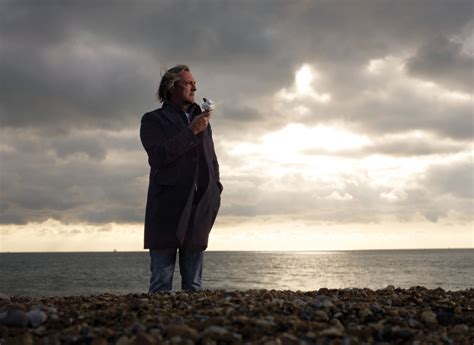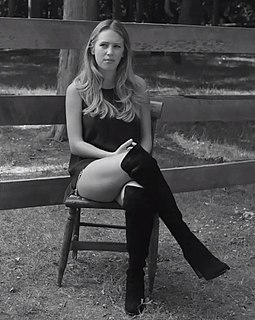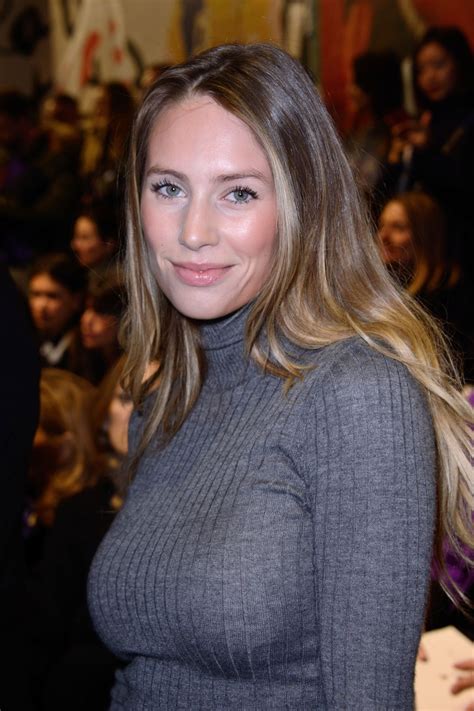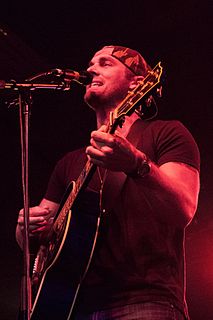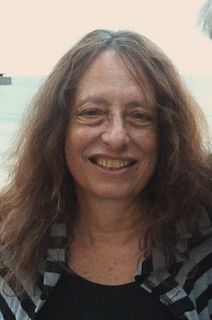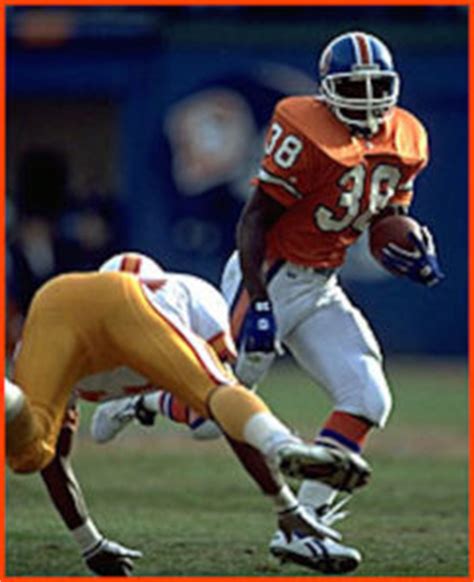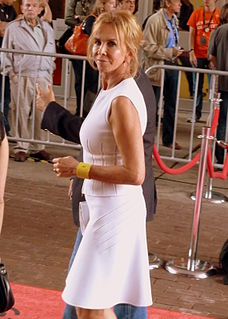A Quote by Danae Elon
I feel that we should try and understand how we as women storytellers have often fallen into the mode of telling stories in the ways in which traditionally men would. I often find that my points of view are expressed by male characters.
Related Quotes
I think films about men are often about characters who don't want to express their feelings. You're supposed to kind of admire them for not expressing their feelings. And I feel that's a bit dull. Women's stories often have stronger emotional content, which I enjoy doing. What I really love doing is mixing that with humor.
There's a fundamental difference between how often men remember to say 'I love you' and how often women want to hear 'I love you.' For the most part, it's on the guy. He's not withholding it intentionally. It's just that we kind of miss the point sometimes, that even in the most nonchalant way, telling the person how you feel is important.
It's called male bonding. You'll never get it. I believe women are as capable as men, deserve equal pay—and that one day, should be sooner than later, in my opinion, the right woman can and should be leader of the free world. But you can't understand the male bonding rituals any more than men can understand why the vast majority of women are obsessed with shoes and other footwear.
We need more female directors, we also need men to step up and identify with female characters and stories about women. We don't want to create a ghetto where women have to do movies about women. To assume stories about women need to be told by a woman isn't necessarily true, just as stories about men don't need a male director.
One of the things that's important for anybody adapting source material that is primarily a male buddy picture is to find ways to latch on to strong female characters in the piece and bring them to the forefront and celebrate their point of view alongside the men; otherwise, it becomes a sausage party, and it's a singular point of view.
Here are examples of real women who have done real things: good, bad, and in between. We're expanding not just the definition of the female or feminine hero, but also villains and more complex, nuanced female characters. Too often I hear men say, "I don't know how to write women." Here you go, here are five incredible women you can use to inspire your own stories.
"Chess has definitely helped me understand a lot of the strategy of football. In chess, good offense is often an exercise in putting multiple points of pressure on one square. In football, offensive play design (particularly passes) involves putting multiple points of pressure on one player." "In chess, you often give your opponent a move that looks strong for him, but it turns into a trap. Football is the same way. I've always thought of defense in football as being totally reactive. But now I understand the ways in which football defenses force the offense to make certain choices."
